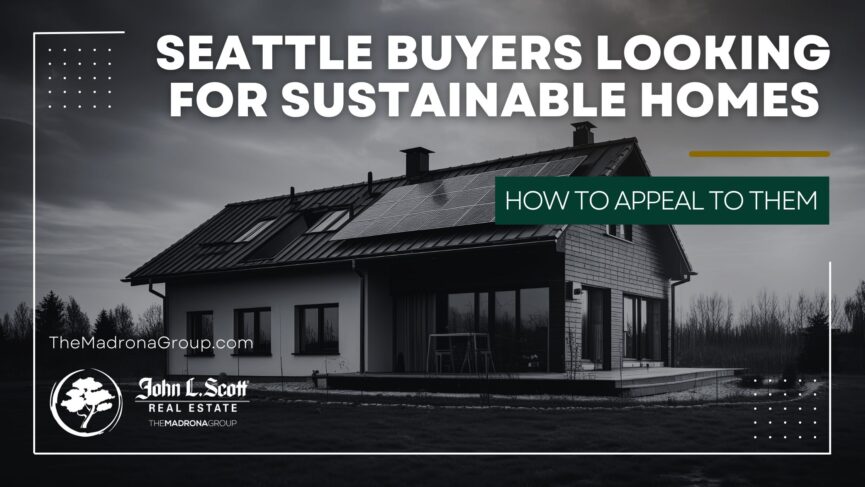Seattle home buyers are becoming more and more focused on sustainability. With the Pacific Northwest’s deep-rooted culture of environmentalism and green living, it’s no surprise that there are many Seattle buyers looking for sustainable homes—right down to the homes they live in. If you’re selling a home in Seattle, understanding this shift can help you stand out in a competitive market. After all, who wouldn’t want their home to appeal to a buyer who is not just buying for now, but also for the future?
In fact, over 70% of home buyers in Washington state are considering sustainable features when making purchasing decisions.
This means having an energy-efficient or environmentally conscious home could give you a big leg up when it’s time to sell. But how exactly can you make your home more appealing to the eco-conscious buyer? And what kind of features are Seattle buyers looking for?
Let’s dive into how you can make your home a perfect fit for Seattle’s green-minded buyers.
What to Expect:
- Why sustainable features are a growing priority for Seattle buyers
- Key sustainable upgrades to increase your home’s appeal
- How to highlight your home’s green features during the selling process
- Working with Seattle’s eco-conscious buyers and what they’re searching for in a home
Why Sustainable Homes Are a Big Deal in Seattle
Seattle is often considered one of the most progressive cities in the U.S. when it comes to sustainability. With initiatives like the city’s commitment to becoming carbon-neutral by 2050, Seattle is serious about green living.
It’s no wonder that sustainable homes are top of mind for local buyers. This isn’t just a passing trend—it’s becoming a lifestyle.
Many Seattle home buyers are thinking about reducing their carbon footprint.
They’re asking questions like:
“How energy-efficient is this home?” or “Does this house have renewable energy features?”
If your home has eco-friendly elements, it’s not just another selling point; it’s something that could push buyers to choose your property over others.
Energy Efficiency Equals Cost Savings
One of the most appealing aspects of sustainable homes is energy efficiency, which translates to lower utility bills. Buyers today are smart and savvy. They know that energy-efficient homes save money in the long run, and they’re willing to pay more upfront if they can see a tangible return down the road.
Features like Energy Star-rated appliances, high-efficiency windows, and proper insulation are all key selling points.
The Appeal of Green Certifications
Seattle buyers are also starting to look for homes with green certifications like LEED (Leadership in Energy and Environmental Design) or Built Green.
Having your home certified as eco-friendly can set it apart in the market and attract more environmentally conscious buyers. If you’ve made significant green upgrades to your home, it may be worth looking into getting it certified before putting it on the market.
Sustainable Upgrades to Increase Your Home’s Appeal
If you’re thinking about selling your home in Seattle, investing in sustainable upgrades can pay off in a big way. The great news is that you don’t necessarily have to install solar panels to make your home more eco-friendly (though if you have them, it’s a huge plus!). Here are a few sustainable upgrades that can help make your home more attractive to buyers:
1. Install Energy-Efficient Windows and Doors
As mentioned earlier, energy-efficient windows and doors do more than just improve comfort—they help regulate indoor temperatures and reduce heating and cooling costs. In Seattle’s climate, energy-efficient windows can reduce heat loss in winter and minimize the need for air conditioning in the summer, which can be a major selling point for buyers.
2. Upgrade to Low-Flow Fixtures
Low-flow faucets, showerheads, and toilets are relatively inexpensive upgrades that reduce water consumption. Seattle’s eco-conscious buyers are often looking for homes that reflect their commitment to sustainability, and water conservation is a big part of that. Homes with low-flow fixtures not only conserve water but also reduce utility bills.
3. Add Smart Thermostats
Installing a smart thermostat can help you regulate the temperature of your home more efficiently. Devices like Nest or Ecobee allow homeowners to adjust the temperature remotely and learn their usage patterns, saving energy and money. It’s an easy upgrade that buyers appreciate, especially those focused on reducing their carbon footprint.
4. Improve Insulation
Proper insulation is key to improving energy efficiency. If your home has older or insufficient insulation, upgrading it can help maintain a consistent indoor temperature without relying heavily on heating or cooling systems. Seattle’s chilly winters make this a particularly important selling point for buyers.
5. Use Sustainable Materials for Renovations
If you’re doing any remodeling, opt for sustainable, eco-friendly materials like bamboo, recycled wood, or reclaimed stone. Buyers are more likely to be drawn to homes where sustainable materials have been used for flooring, countertops, or cabinetry. These materials often have a smaller environmental footprint and appeal to Seattle buyers’ green values.
6. Install Solar Panels
While it’s a more significant investment, adding solar panels can dramatically increase your home’s appeal to environmentally conscious buyers. Solar energy reduces dependency on non-renewable energy sources and can result in lower energy bills. With Seattle’s emphasis on green energy, having solar panels can set your home apart and add value.
7. Xeriscaping or Native Plant Landscaping
Xeriscaping involves designing your landscaping to minimize water use. By using native Seattle plants that require less water and maintenance, you can create a yard that’s eco-friendly and cost-effective. Eco-conscious buyers will love a garden that conserves water and supports local wildlife, without requiring excessive upkeep.
8. Install a Rainwater Harvesting System
Rainwater harvesting is an environmentally friendly way to capture and reuse rainwater for irrigation, landscaping, or even for use in toilets and laundry. Given Seattle’s famously rainy climate, a rainwater harvesting system could appeal to buyers who want to reduce water waste and lower their reliance on municipal water supplies.
9. Add Energy-Efficient Lighting
Switching to LED or other energy-efficient lighting is one of the simplest and most cost-effective upgrades you can make. These bulbs use less energy and last much longer than traditional incandescent bulbs, helping homeowners reduce their carbon footprint. Energy-efficient lighting is a quick win that resonates with buyers interested in sustainability.
10. Incorporate a Greywater Recycling System
Greywater systems reuse water from showers, sinks, and washing machines for irrigation or flushing toilets. It’s a more advanced upgrade, but in areas like Seattle where environmental awareness is high, greywater recycling systems can appeal to buyers who are serious about reducing their water use and living a more sustainable lifestyle.
How to Highlight Your Home’s Sustainable Features
Once you’ve made your home more eco-friendly, it’s important to showcase these features during the selling process. When listing your home, work with your Seattle Realtor to highlight any sustainable upgrades you’ve made. Use keywords like “energy-efficient,” “sustainable materials,” and “low utility costs” in your listing description.
Showcase Your Home’s Eco-Friendly Features During Tours
During open houses or showings, make sure to emphasize your home’s sustainable features. If you’ve installed a smart thermostat, demonstrate how it works. Highlight the energy-efficient windows and doors, and mention how much they can help save on energy costs. The goal is to make it easy for buyers to see the value in your home’s eco-friendly upgrades.
Provide Documentation for Green Certifications or Utility Savings
If your home has any green certifications, like a LEED rating, be sure to display that prominently during showings. Similarly, if you have documentation of lower utility bills due to energy-efficient upgrades, have those on hand to show potential buyers. Seeing the tangible savings can make a big impact.
Conclusion to Seattle Buyers Looking For Sustainable Homes
As more Seattle buyers prioritize eco-friendly living, incorporating sustainable features into your home can make a significant difference in how it stands out in the competitive Seattle real estate market. From energy-efficient upgrades like windows, insulation, and smart thermostats to bigger investments like solar panels and rainwater harvesting systems, every sustainable improvement you make helps to position your home as a more attractive and future-proof option for environmentally conscious buyers.
By making these upgrades, you’re not only helping potential buyers save on utility bills, but you’re also contributing to a more sustainable lifestyle—a factor that resonates with Seattle’s green-minded residents. Buyers are increasingly aware of the environmental impact of their homes, and by offering them energy savings, reduced water consumption, and a lower carbon footprint, you’re catering to what many of them now consider essential qualities in a home.
Moreover, showcasing these sustainable upgrades during showings and including them in your listing description will help potential buyers see the true value of your home. Whether it’s through demonstrating the benefits of smart technology, showing off eco-friendly landscaping, or providing documentation for lower utility bills, these steps can make a lasting impression.
Working with Seattle’s Eco-Conscious Buyers
Eco-conscious buyers in Seattle are looking for more than just a place to live—they’re searching for a home that aligns with their values. As you prepare to sell your home, it’s important to understand what these buyers want and how to meet their needs. A Seattle Realtor, like those at The Madrona Group, can help you navigate this market and ensure your home appeals to the right audience.
Seattle buyers may also want to know about the home’s proximity to public transportation, walkability, and access to green spaces. All of these factors contribute to a sustainable lifestyle, so be sure to mention them if your home checks these boxes.
Share this post!




